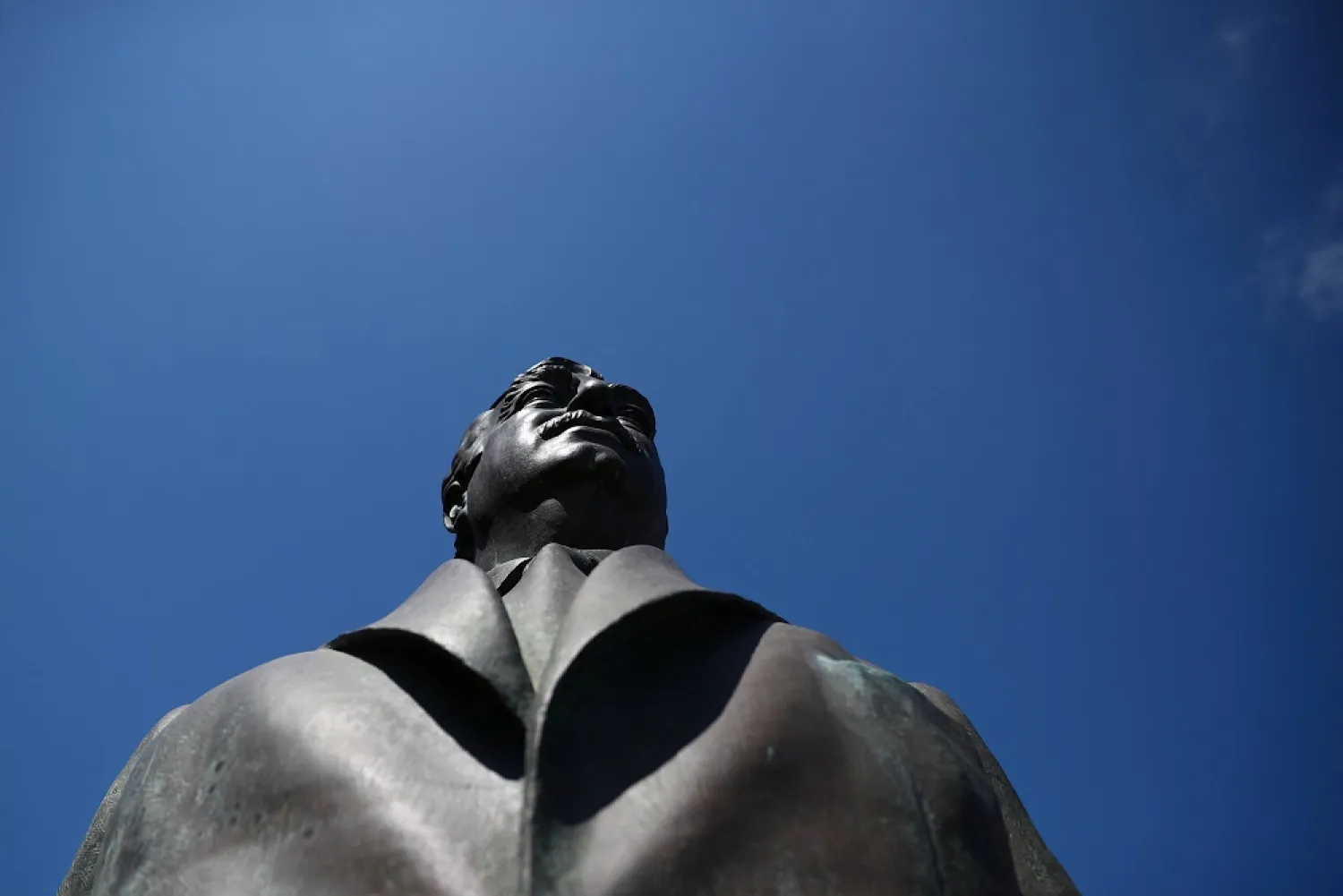Saudi Arabia welcomed on Friday the verdict issued by Special Tribunal for Lebanon (STL) against agents of the terrorist Hezbollah militia, reported the Saudi Press Agency.
STL appeals judges on Thursday sentenced two Hezbollah members in absentia to life imprisonment for their role in the 2005 assassination of former Lebanese Prime Minister Rafik al-Hariri.
Saudi Arabia called on the international community to assume its responsibilities towards Lebanon and its fraternal people, who are suffering from the reckless terrorist practices of the Iran-backed Hezbollah.
It urged the international community to implement international resolutions related to Lebanon that would arrest the suspects, who deliberately sought to claim innocent lives, sparking unprecedented upheaval in the fraternal country.
Arresting the suspects would help curb the successive crises that erupted in the country in recent decades due to their terrorist practices, it added.
The suspects remain at large.
Hariri served as prime minister of Lebanon five times following the 1975-90 civil war. He and 21 others died in a massive truck bomb on Feb. 14, 2005.
"The attack terrorized not only the direct victims but more generally the people of Lebanon," STL presiding judge Ivana Hrdlickova said as she handed down the maximum sentence on Hassan Habib Merhi and Hussein Hassan Oneissi.
In March this year the appeals chamber reversed an earlier acquittal and found Merhi and Oneissi guilty of terrorism and murder.
In 2020, a lower trial chamber convicted a former member of Hezbollah, Salim Jamil Ayyash, for the bombing that killed the veteran politician and 21 others. Ayyash also received a life sentence in the trial which saw a prosecution case based almost entirely on mobile phone records.
The Lebanon tribunal was created by a 2007 UN Security Council resolution. It is funded by voluntary contributions and by the Lebanese government.
Thursday's ruling concludes the court's main case.
It is expected that the court, which has been plagued by a funding crisis in the past years, will close down with only minimal staffing to handle residual issues.









